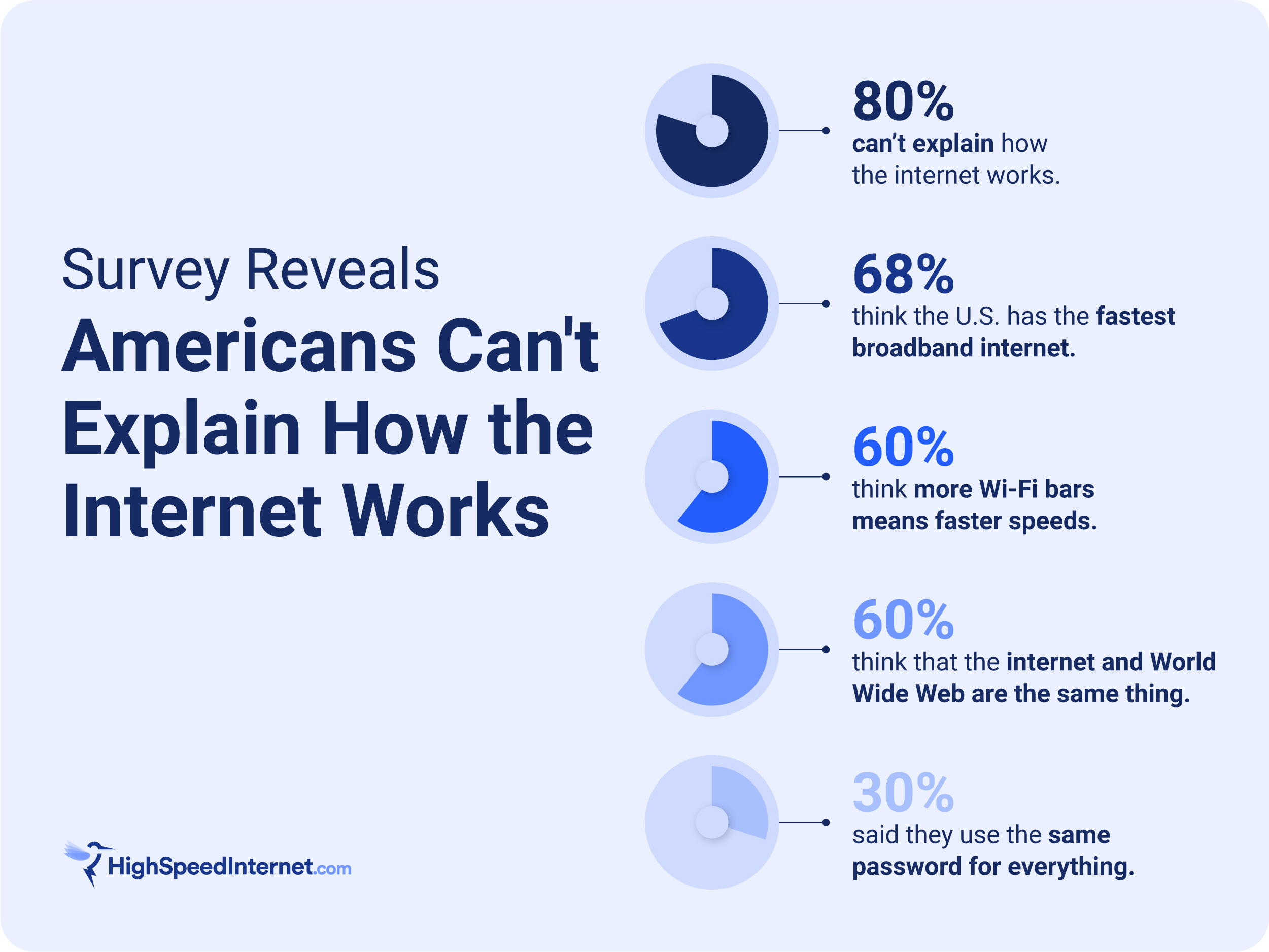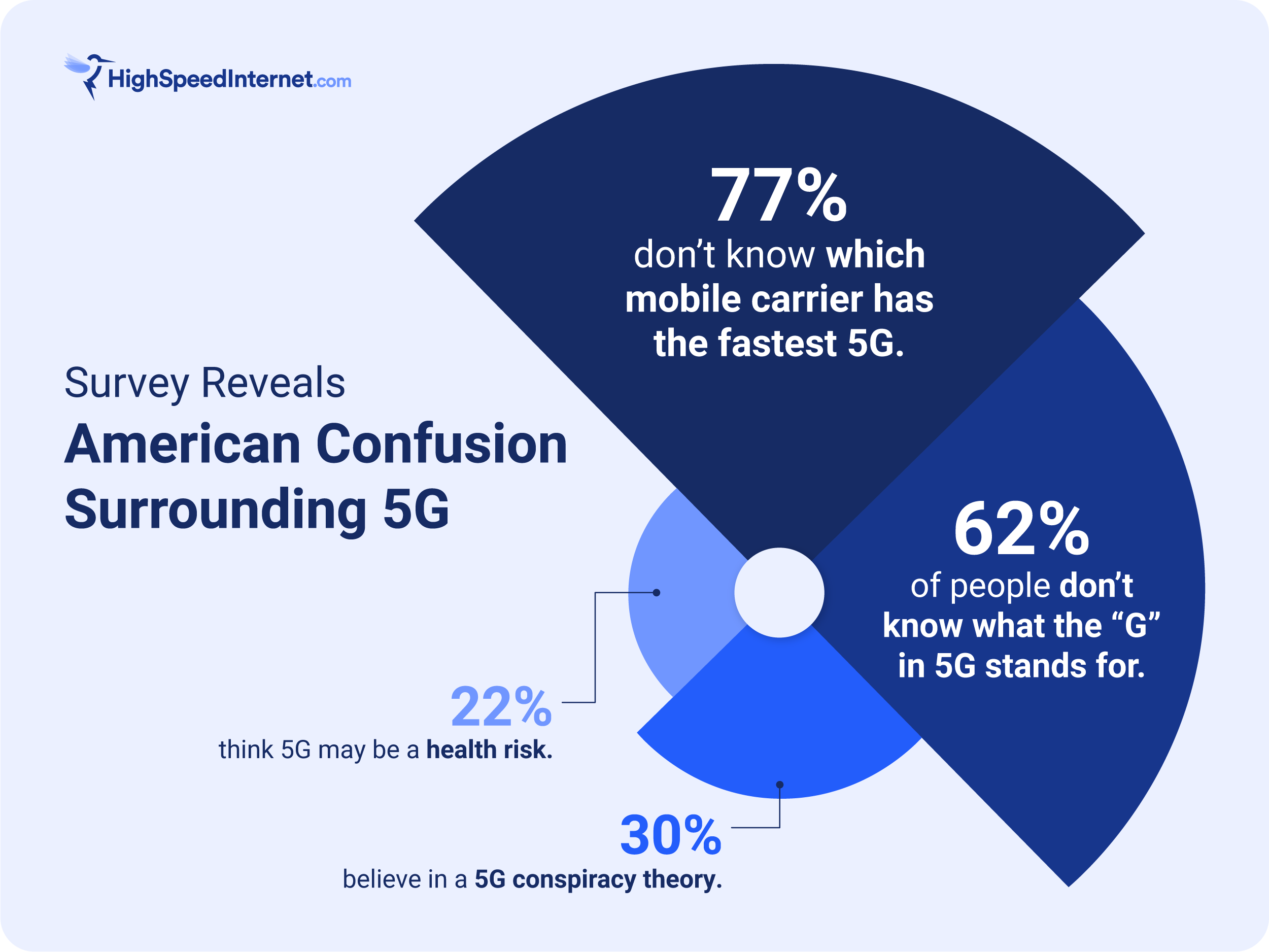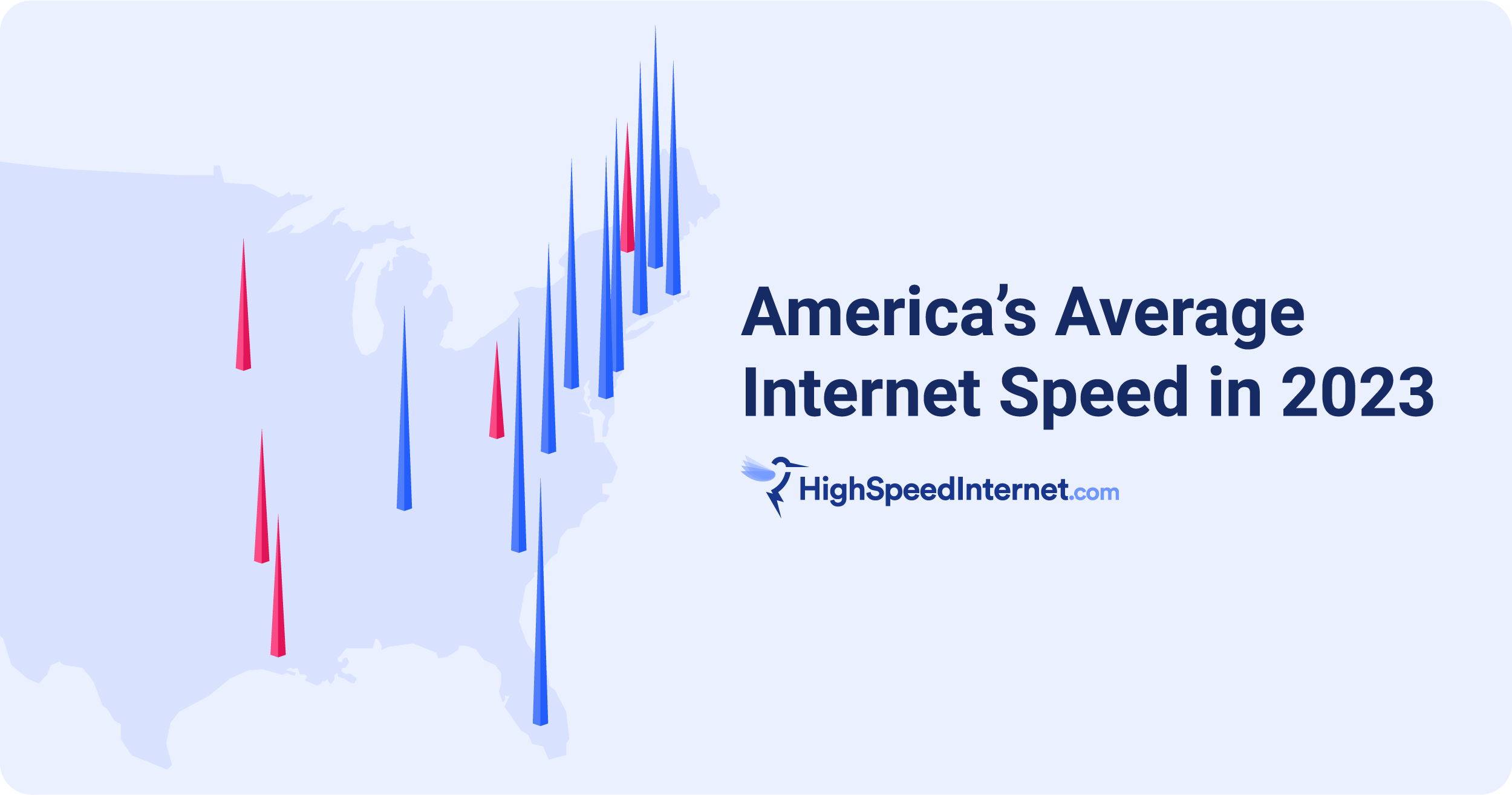Survey: 80% of Americans Don’t Know How the Internet Works
Sep 27, 2021 | Share
Industry Exclusive/Entertainment
We surveyed 1,000 Americans on their internet knowledge—here’s what we found.

So, how does the internet really work? Most Americans think they have a good idea but really don’t. According to our survey, they know an internet connection requires a modem and about virtual private networks (VPNs). But they don’t know other fundamental things about the internet, like how having more Wi-Fi bars doesn’t mean you’ll get faster speeds. And get this: a small portion even believe 5G may be a health risk and responsible for spreading COVID-19.
General internet findings
As the graphic shows, 74% of those surveyed believe they know precisely how the internet works, but just 20% could explain it correctly. That’s understandable, given we open our favorite browsers, stream our media, and play our games online without thinking about how our data gets from Point A to Point B and back.
Furthermore, most Americans consider the internet and the World Wide Web to be the same thing—60% believe this to be true. But it’s not. Technically, the internet is a physical network consisting of cables, modems, routers, and computers spread across the globe. The World Wide Web is the information platform we use to send data to and from these computers.
What Americans think about 5G

Most consumers probably have no idea that several different 5G technologies are at play when carriers advertise their 5G services. Those using the millimeter-wave spectrum are where many interesting conspiracy theories originate. This spectrum enables gigabit speeds across short distances, but some people worry the extremely high frequency band is dangerous.
As the chart shows, 22% of those surveyed believe that 5G may be a health risk. They believe 5G can transmit COVID-19, kill birds, harm plant life, cause cancer, and more.1 The cancer aspect has always been a concern with wireless technologies because radio waves are a type of electromagnetic radiation.
But according to the National Cancer Institute (NCI), there’s no “known mechanism” that connects non-ionizing electromagnetic radiation from radio-frequency emissions to cancer.2 In short, 5G doesn’t cause cancer.
Here’s a reality check: you can’t convert a physical virus into data and send it over radio waves. Still, 30% of those surveyed believe in 5G conspiracy theories like the COVID-19 one. It’s a prime example of how even though they rely on them every day, most Americans don’t know how wired and wireless communications actually work.
What Americans do know about the internet
Most Americans have minimal knowledge of how the internet works. They know they need a modem to access the internet and a router to support their wireless devices. They know the Federal Communications Commission (FCC) plays a huge part in the internet’s infrastructure and regulations. And surprisingly, 64% had heard of or even used one of the best virtual private network services.
Although there’s still a lot that Americans don’t know, most don’t need to understand how radio waves deliver data through cable internet or see how many hops their data makes to reach Amazon or Google.
But a minimal understanding is vital for troubleshooting connection issues or resolving speed problems. For example, should they know how to use a fast VPN? Yes. Should they use a good password manager? Yes. Do they need to know what receives their data on the internet provider’s end? No.
Like Disney World, some of the backstage magic of the internet is best left unseen.
Methodology
HighSpeedInternet.com created a list of internet-related questions and surveyed 1,000 Americans nationwide to test their internet knowledge. We then compiled the results into an online report.
Sources
- Alliance for Science, “5G: What’s Behind the Latest COVID Conspiracy Theory?” April 6, 2020. Accessed September 10, 2021.
- National Cancer Institute, “Electromagnetic Fields and Cancer.” Accessed September 10, 2021.
- Centers for Disease Control and Prevention, “The Electromagnetic Spectrum: Non-Ionizing Radiation.” Accessed September 15, 2021.
Author - Kevin Parrish
Kevin Parrish has more than a decade of experience working as a writer, editor, and product tester. He began writing about computer hardware and soon branched out to other devices and services such as networking equipment, phones and tablets, game consoles, and other internet-connected devices. His work has appeared in Tom’s Hardware, Tom's Guide, Maximum PC, Digital Trends, Android Authority, How-To Geek, Lifewire, and others. At HighSpeedInternet.com, he focuses on network equipment testing and review.
Editor - Rebecca Lee Armstrong
Rebecca Lee Armstrong has more than six years of experience writing about tech and the internet, with a specialty in hands-on testing. She started writing tech product and service reviews while finishing her BFA in creative writing at the University of Evansville and has found her niche writing about home networking, routers, and internet access at HighSpeedInternet.com. Her work has also been featured on Top Ten Reviews, MacSources, Windows Central, Android Central, Best Company, TechnoFAQ, and iMore.




